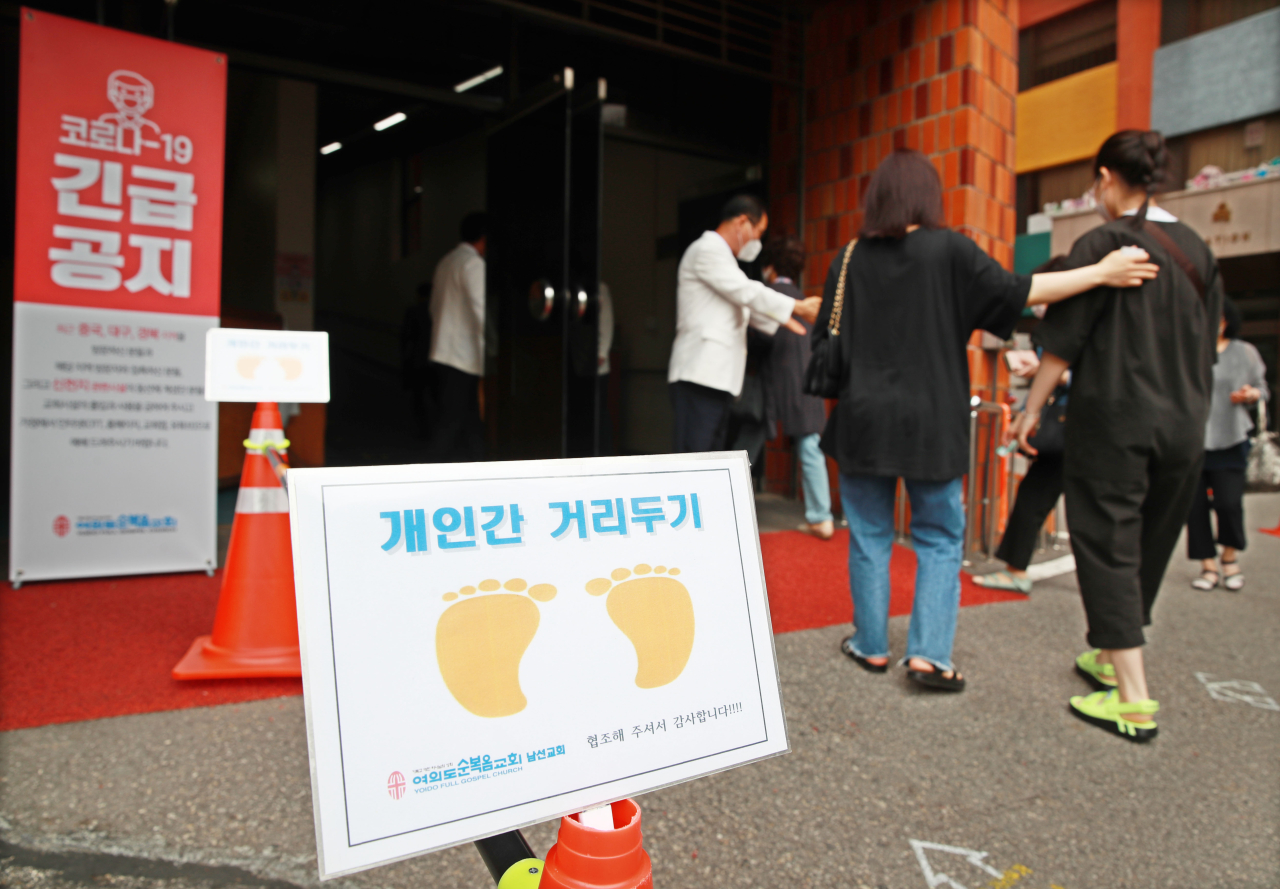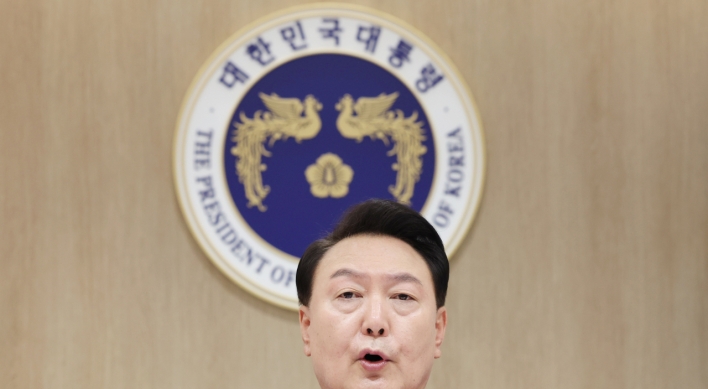New virus cases rebound to above 60; imported cases at 4-month high
By YonhapPublished : July 13, 2020 - 10:26

South Korea's new virus cases bounced back to above 60 on Monday as imported cases increased by the largest number in nearly four months amid rises in cluster infections in major cities.
The country added 62 cases, including 19 local infections, raising the total caseload to 13,479, according to the Korea Centers for Disease Control and Prevention (KCDC).
The tally marked a sharp rise from 44 new virus cases reported Sunday and 35 cases Saturday. It marked the highest since the number of daily virus cases hit 63 on Wednesday.
Imported cases emerged as yet another stumbling block in the country's virus fight. The country identified 43 more imported cases on Monday, raising the total of such cases to 1,872. The reading marked the highest since 51 on March 25 and was the 18th consecutive day of double-digit increase.
Starting Monday, arrivals from four high-risk nations -- Bangladesh, Pakistan, Kazakhstan and Kyrgyzstan -- must submit a certificate showing they tested negative for the virus.
Of the newly added imported cases, 31 were arrivals from Asian countries, including 16 from the Philippines and nine from Uzbekistan, according to the KCDC.
Imported cases, once the main source of virus cases here, fell to a single-digit figure early last month on the back of the country's strengthened quarantine checks at airports.
But such cases have bounced back to double-digit numbers since mid-June as global virus cases have resurged amid eased lockdowns.
Health authorities said since June, multiple virus cases have been traced to ships arriving in South Korea to change sailors' shifts.
"All international arrivals should be in a two-week quarantine and take virus tests within three days of entry. So there is little possibility that the virus coming in from overseas would spread to local communities," Yoon Tae-ho, a senior health official, told a briefing.
Of 722 patients confirmed over the past two weeks, imported cases accounted for 42.7 percent while local infections made up 35.5 percent, the KCDC said.
"In July alone, 0.46 percent of international arrivals tested positive for the virus," KCDC Director Jeong Eun-kyeong said in a briefing.
Sporadic cluster infections across the country also continued to weigh on the country's efforts to contain the spread of COVID-19, with most tied to religious facilities and door-to-door retailers.
The densely populated Seoul and adjacent areas accounted for most of the local infections last month, but virus outbreaks have been constantly reported in other parts of the country.
Of locally transmitted cases, over a dozen were reported in the greater Seoul area. The capital city has confirmed 1,436 cases so far.
Cases tied to a neighborhood hospital in Gwangmyeong, south of Seoul, reached five as of noon, up two cases from the previous day, with a child attending a kindergarten in Suwon, 46 kilometers south of the capital city, testing positive for the coronavirus.
Local health authorities have set up a COVID-19 screening center at the kindergarten and are in the process of checking 214 children and teachers for the coronavirus, with concerns rising that this may become another infection cluster.
In addition, six cases were identified in the southwestern city of Gwangju. The city has recently emerged as a new hotbed of the virus outside of the Seoul metropolitan area.
Cases linked to a door-to-door business in Gwangju reached 140 as of noon, up five cases over the past 24 hours.
South Korea has been gripped by a rise in sporadic cluster infections in the greater Seoul area, where around half of its 52 million-strong population lives, since it relaxed strict social distancing on May 6 on the flattened virus curve.
The country's health authorities remain jittery over another wave of virus outbreaks in the summer amid sustained rises in local infections and cases coming in from overseas.
The KCDC said locally transmitted cases recently eased somewhat in Seoul and the adjacent metropolitan areas, but cluster infections continued to rise in the central and southwestern regions.
It also cautioned against a rise in the number of patients in their 50s, as they accounted for 40.8 percent of the COVID-19 patients reported over the past two weeks.
A preliminary antibody test showed only one out of 3,055 people tested positive for coronavirus antibodies in South Korea.
South Korea's health minister Park Neunghoo said Sunday herd immunity is "impossible" here and renewed calls for citizens to strictly follow hygiene measures until COVID-19 vaccines become available.
South Korea, meanwhile, reported no additional deaths, bringing the death toll to 289. The fatality rate was 2.14 percent.
The total number of people released from quarantine after full recoveries stood at 12,204, up 26 from the previous day.
The country has carried out 1,408,312 tests since Jan. 3. (Yonhap)




















